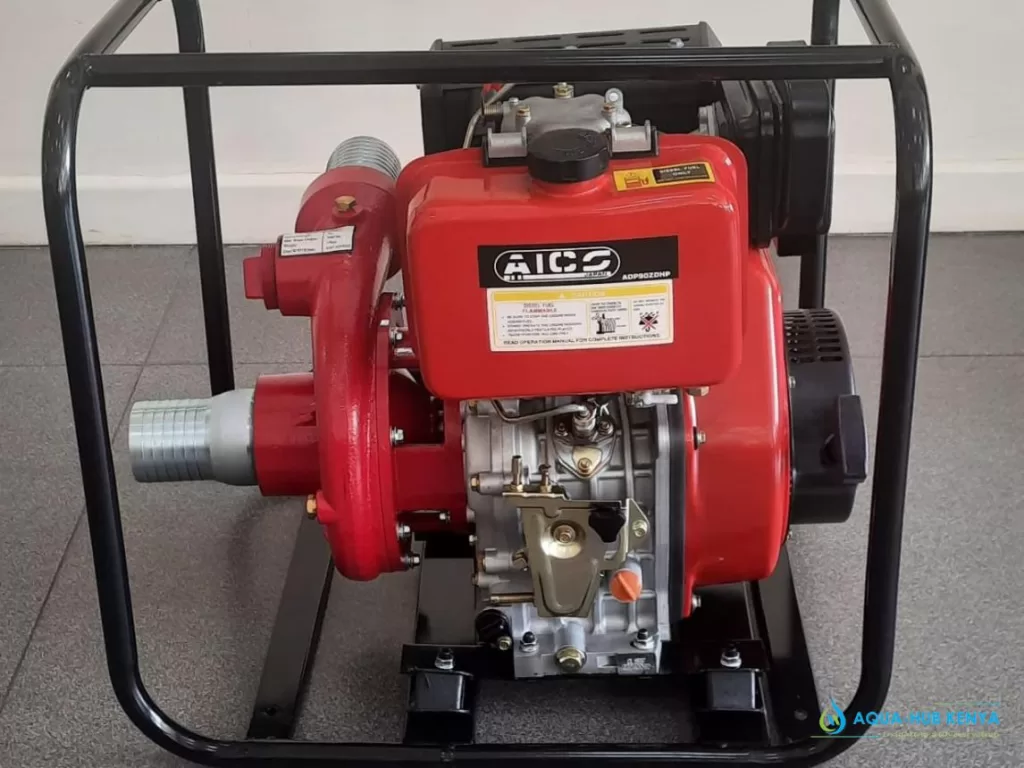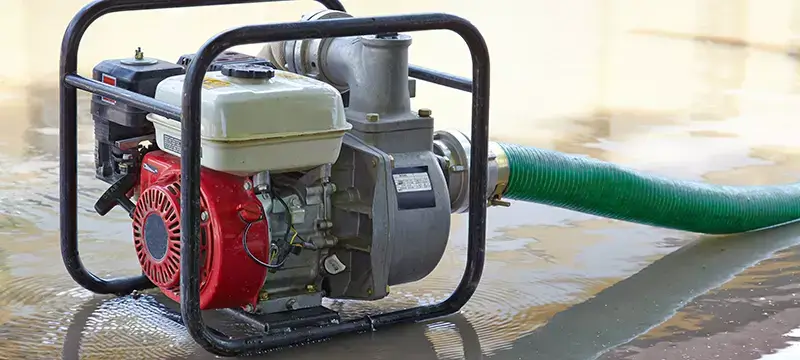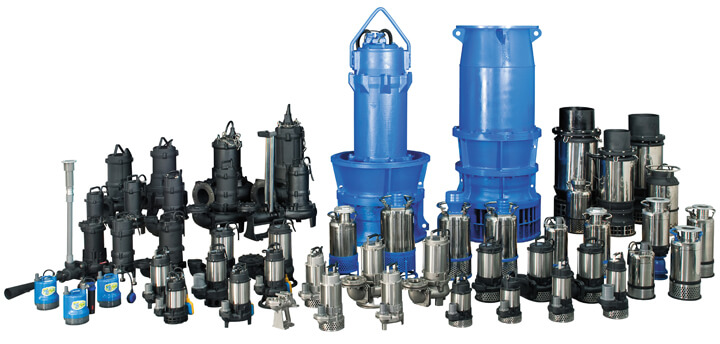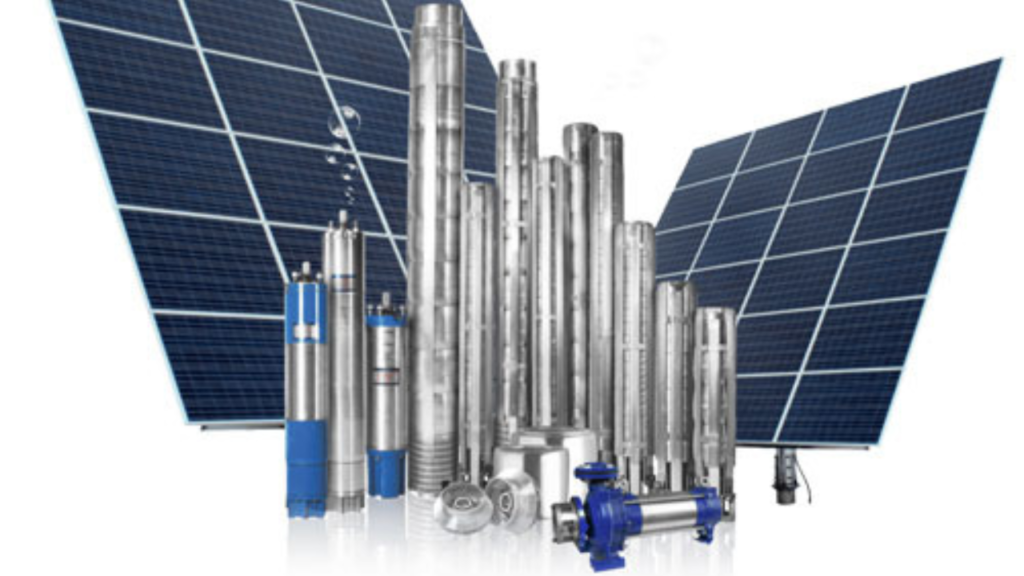Water pumps for irrigation in Kenya
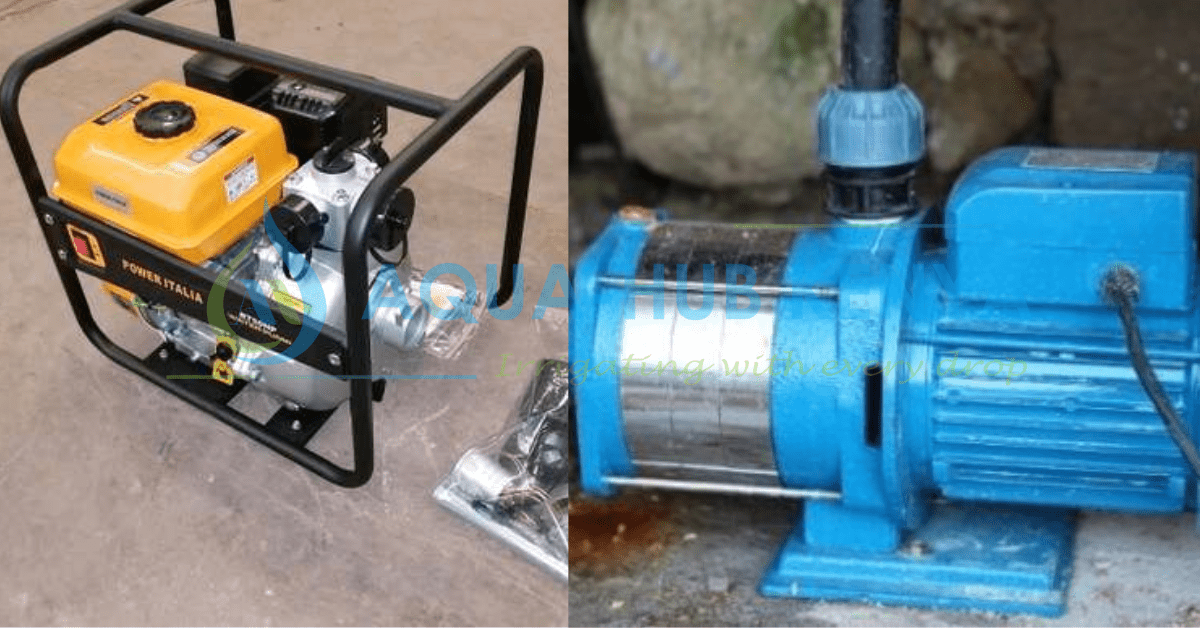
Aqua Hub Limited is a significant supplier of water pumps for irrigation in Kenya. We have the most diverse selection of agricultural water pumps in Kenya. Our Kenyan water pumps for sale discharge irrigation water at a greater pressure. To give the best water pump in Kenya, we categorize them based on function, location, and power. The vast majority of irrigation systems are powered by pumps. To ensure that an irrigation system is as effective as possible, the pump must be chosen to meet the needs of the water supply, water distribution system, and irrigation equipment.
What are the benefits of water pumps for irrigation?
Water pumps are an essential component of modern irrigation systems, and they offer numerous benefits to farmers who use them. Here are some of the key benefits of using water pumps for irrigation:
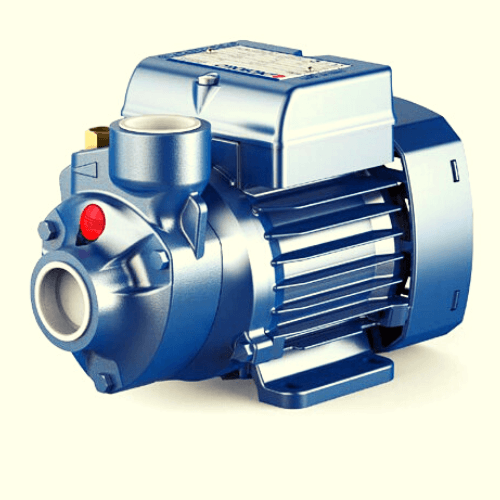
- Efficient Water Distribution: Water pumps help to distribute water more efficiently to crops. Reducing water wastage and ensuring that the crops receive the right amount of water.
- Increased Crop Yields: By delivering water directly to the plants’ roots. Water pumps help to ensure that the crops receive enough water to grow and produce higher yields.
- Cost Savings: Using water pumps can help farmers save on water costs. Reduce the amount of time and labor required for irrigation.
- Increased Flexibility: With a water pump, farmers can irrigate their crops at any time of the day or night. Allowing them to manage their water usage more effectively.
- Improved Crop Quality: Proper irrigation with water pumps can improve the overall quality of crops. Resulting in higher prices and more satisfied customers.
- Access to Water in Remote Areas: Water pumps can be applicable to access water from wells, boreholes, or other water sources in remote areas. Making it possible to irrigate crops in areas that would otherwise be too dry to support farming.
What are the factors to consider when purchasing water pumps for irrigation?
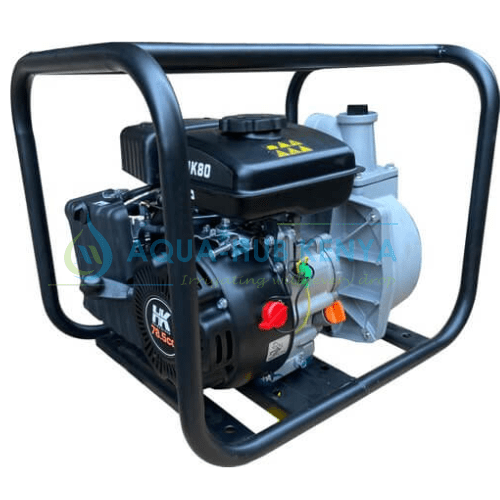
- Water Source: The water source is an essential factor to consider when purchasing a water pump for irrigation. The source can be a well, a borehole, or a river, and it determines the type of pump and the power required for the pump.
- Flow Rate: The flow rate is the amount of water that the pump can deliver per unit of time, usually measured in liters per minute (LPM) or gallons per minute (GPM). The flow rate should be sufficient to meet the irrigation requirements of your crops.
- Water Head: Water head refers to the vertical distance between the water source and the point of irrigation. The water head determines the amount of pressure required for the pump to push the water to the crops.
- Power Source: The power source can be electricity, gasoline, diesel, or solar energy. The choice of power source depends on the availability of electricity or fuel, the cost of fuel, and the location of the farm.
- Pump Type: There are several types of pumps available, including submersible pumps, centrifugal pumps, solar pumps, and hand pumps. The choice of pump type depends on the size of the farm, the availability of power, and the water source.
- Brand and Quality: The brand and quality of the pump are also important factors to consider. It’s essential to choose a reliable and durable pump that can withstand the harsh conditions of farming and requires minimal maintenance.
- Price: Finally, the price is a critical factor to consider. The cost of the pump should be within your budget, but it’s also important to avoid compromising quality and performance for a lower price.
What the types of irrigation water pumps in Kenya?
- Submersible Pumps: These pumps are installed in wells or boreholes and are designed to push water to the surface. They are also suitable for small to medium-sized farms and are more energy-efficient than surface pumps.
- Centrifugal Pumps: These pumps are surface pumps that use an impeller to push water to the surface. They are also suitable for larger farms and are often used in conjunction with diesel or petrol engines.
- Solar Pumps: These pumps use solar panels to generate electricity, which powers the pump. They are ideal for farms located in areas with high levels of sunshine and are an environmentally friendly option.
- Engine-Driven Pumps: These pumps are powered by gasoline or diesel engines and can be used for both small and large farms. They also are relatively easy to operate and maintain and can be used in areas where there is no access to electricity.

